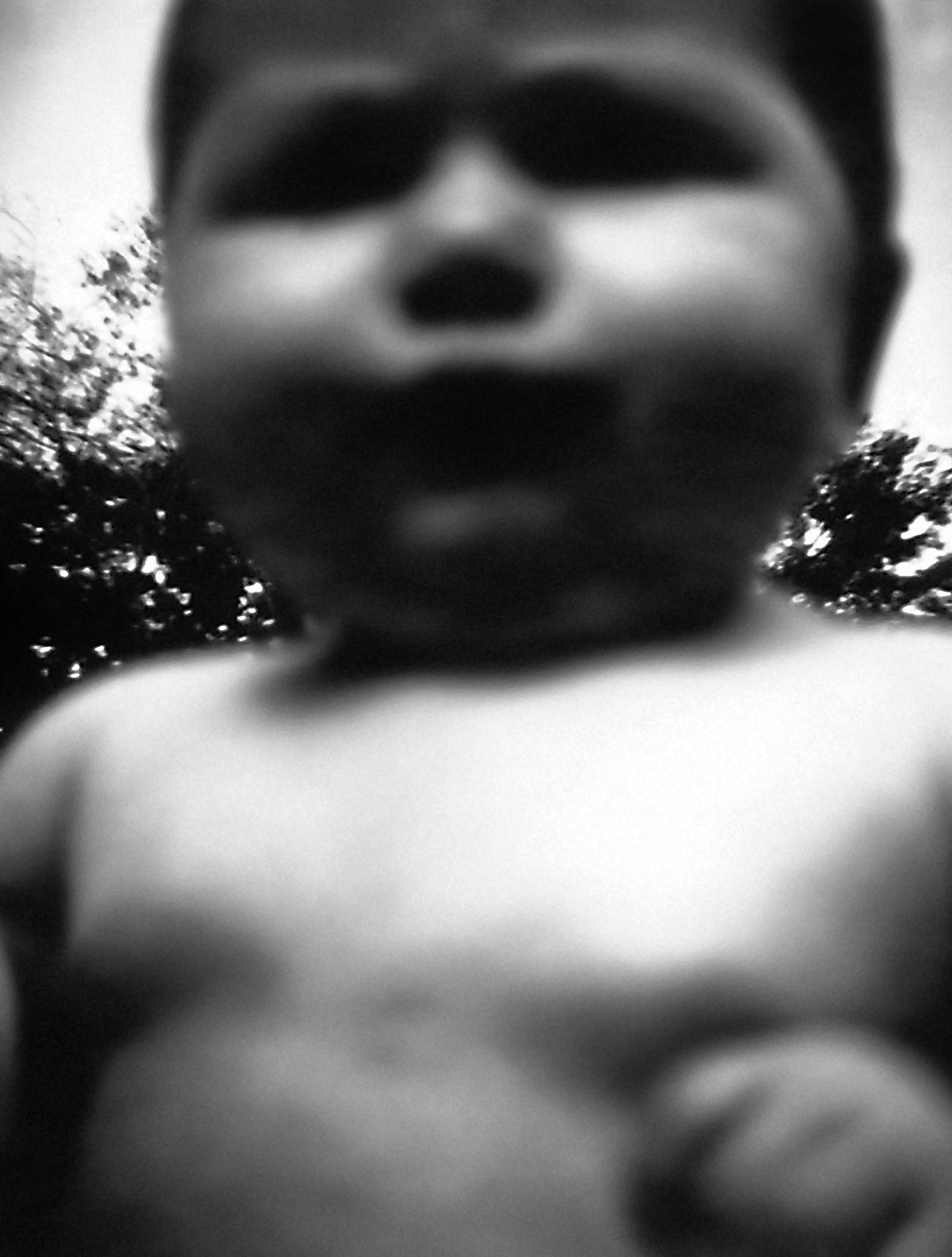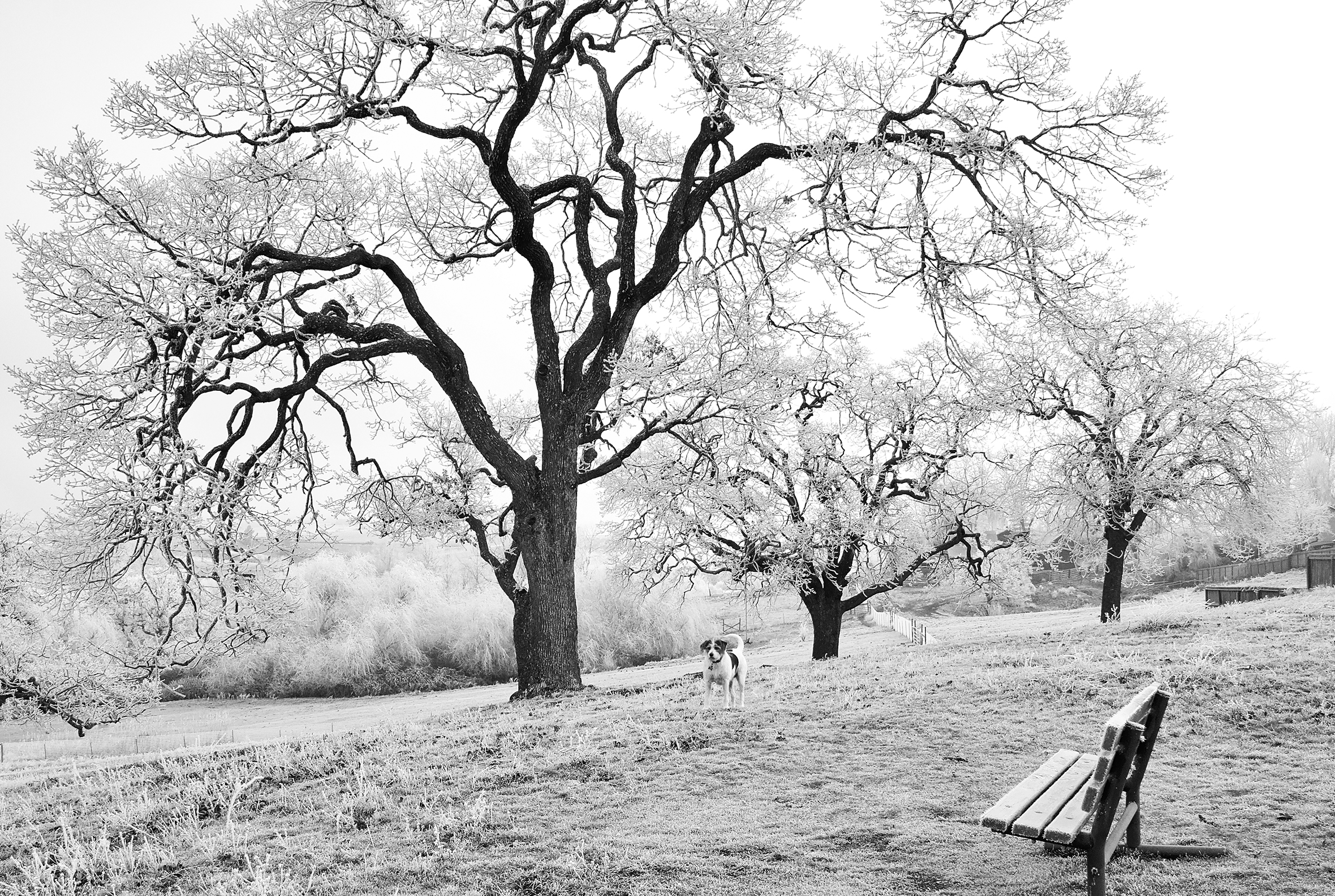We use cookies to improve our services and remember your choices for future visits. For more information see our Privacy Policy and Terms of Use.
The Hope and Heartache of Parenting
This month Mark Leviton interviews Faith Friedlander, the cofounder of Kids & Families Together, a nonprofit in California that works with families and children who’ve been through adoption or foster care. Friedlander discusses the tensions between biological and adoptive families and adoptees’ emotional development.
Meanwhile, from our archives, we turn to “The Classified Ad,” a memoir by Lee Martin from 2009. Martin reflects on his desire for familial connection after he responds to a classified ad from a woman seeking information about her adopted half brother.
Children are also the focus of “Somebody’s Baby,” this month’s Dog-Eared Page, by Barbara Kingsolver. Her experiences abroad reshaped her perspective on child-rearing in America, where “children have come to hold an increasingly negative position in the economy. . . . spoken of as a responsibility, a legal liability, an encumbrance.”
In a quirky 2008 reflection titled “You Are an Awful Parent,” Sparrow ponders infants’ sublime indifference to adult expectations. “Babies are pure mystics,” he writes. “If they meet the vice president of the United States, they are unmoved. They may prefer a cow.”
In “Preparations,” a poem this month by Bill Glose, a runner confronts human frailty and the knowledge that our abilities can be suddenly stripped away. Concerns about exercise and impairment also play a role in “The Way Home,” a 2019 essay by Jane Ratcliffe about her recovery after a head injury.
Our last set of selections is about parents experiencing strain and recrimination following the death of a child. “Inmates,” a short story by Daniel DiStefano, is about a divorced couple living on different floors of a duplex several years after the death of their child. Likewise, in John Bargowski’s 2012 poem “Snowstorm,” following the funeral of their youngest, two parents weaponize the snow on the car they are clearing off to release the heavy emotions of the day.
Take care and read well,
Your friends at The Sun
The Classified Ad
Sister. The word has always sounded sweet to me. When I was young, I made up a story to explain to myself the extraordinary — to me — fact that my parents were so much older than the parents of my friends. In the story I conjured, I was adopted and had an older sister I didn’t know about. We’d been separated, and I’d been taken in by this quiet woman and this angry man. The sister in my story somehow found me and took me away from my father’s rage.
September 2009You Are an Awful Parent
Babies are illiterate. They do not work. They are forbidden to vote (although they may perch on your shoulder in the voting booth and influence your choice). Money means nothing to them. An infant might tear a twenty-dollar bill in half or eat a penny.
February 2008The Way Home
It’s been two and a half years since I fell ill. A young couple in their thirties rents the house across the street: Jessica’s studying to be a doctor; Rick, a social worker. Jessica and I periodically take walks together. Her small dog, Ortiz, sometimes joins us. He spends his days eating shoes, peeing on the carpet, and jumping the backyard fence. But no matter where we go, I notice that he always knows the way home.
July 2019Snowstorm
I forget who started it,
who was first to find that the snow on the car
could be easily packed into a weapon
to aim at the aching chest, the throbbing head,
nothing off limits
as we pounded away at each other
We’ll mail you a free copy of this month’s issue. Plus you’ll get full online access—including more than 50 years of archives.
Request a Free Issue


